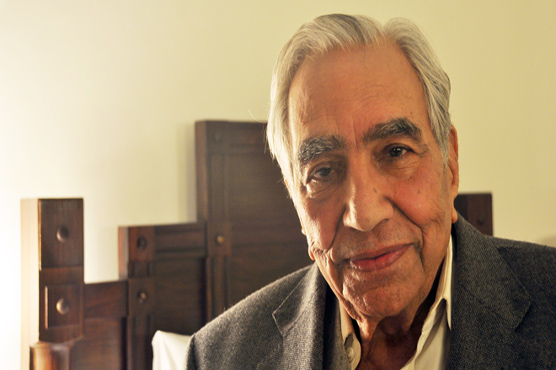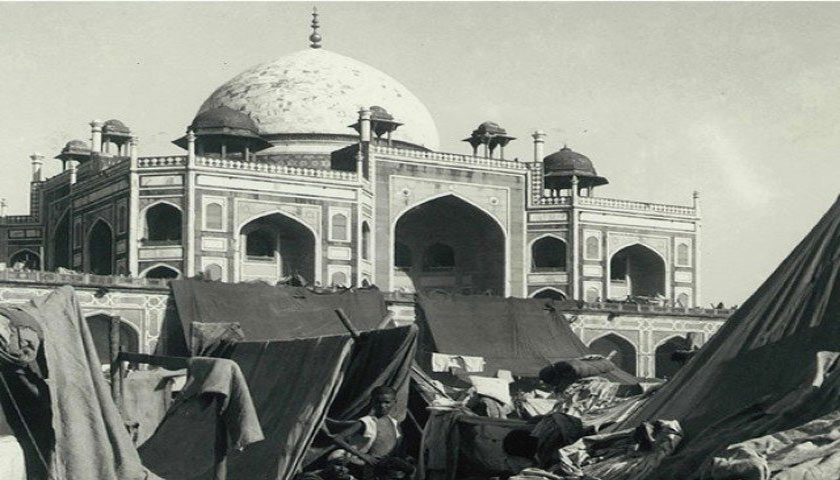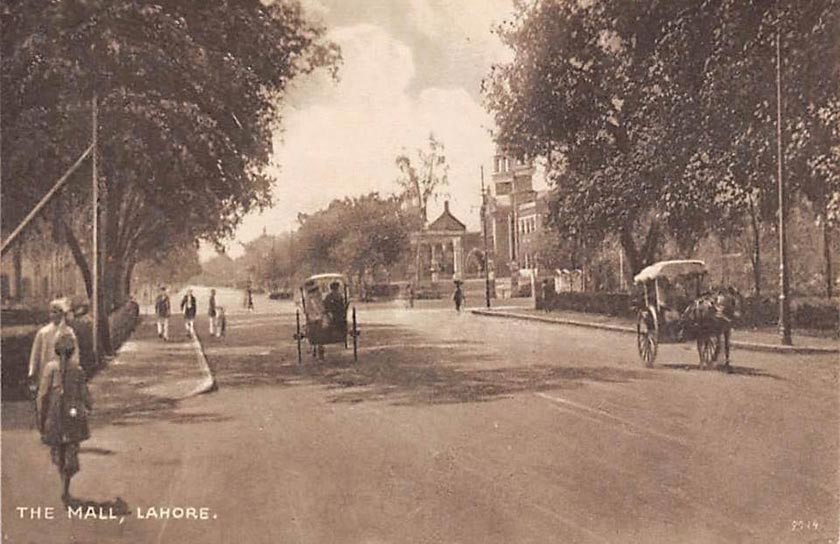Seven decades of Partition: A conversation with Pran Nevile

"Lahore is still Lahore for me; it retains its beauty, charm and magic" - Pran Nevile
By Abdullah Zafar
The streets have been decorated, the flags have been raised. The spirit of nationalism is at its peak on both sides of the border, as the world witnesses Pakistan and India celebrate seven decades of independence.
As almost two hundred million people of this land celebrate what their forefathers fought for 70 years ago, many who lived to tell the tale still stand numb when memories of one of the greatest divisions of land, flash in front of their eyes.
Stories of struggle, manslaughter, and sacrifice echo all around you every Independence Day. But the faint voices that fade away every year are of those who had to leave the place they once called home.
Dunya News interviewed such a voice from across the border, a person for whom Lahore was, and will always remain his home. A former Indian civil-servant and historian, Pran Nevile is the author of ‘Lahore: A Sentimental Journey’.
His years in Lahore are permanently imprinted on his mind, with memories as clear as the day he lived them. In a casual discussion before the interview, Nevile shared that the reason he did not come to Lahore for 50 years after the Partition was that he did not want his memories to be overshadowed by anything. He wanted to write and record them all and then travel to Lahore.
“But now I make excuses to visit Lahore and feel rejuvenated whenever I do.”

A refugee camp outside the Grand Mosque, Delhi in 1947. Photo: AFP
You’ve been a frequent traveller to Pakistan following partition. How have the often-fractious ties between India and Pakistan impacted your visits and people’s reactions to them—on both sides of the border?
I have, in Pakistan, a vast circle of friends – academicians, artists, authors, journalists and in fact from all walks of life. The ups and downs in Indo-Pak relations have little to do with our relations. Everyone knows that politics is not my area of interest at all. I always receive the usual warmth and affection and feel rejuvenated with every visit to my beloved hometown Lahore.
You often refer to the ‘soul’ of Lahore. Why, 70 years later, does this aura of mystery still surround pre-partition Lahore?
I love the present Lahore as much as that of my days. Lahore is still Lahore for me; it retains its beauty, charm and magic. The city is not merely its buildings, roads, and bazars but its atmosphere, ambiance, and above all its people who constitute the soul of the city.
What are the biggest differences you’ve observed in the city over the past seven decades? Do you think the current pace of development is a threat to its centuries-old heritage?
From a town with only half a million population, Lahore has grown into a mega-city of nearly ten million. We must welcome and cherish the changes with the passage of time. The current pace of development cannot change the character of the city nor affect in anyway its centuries-old heritage.
Your most famous book, “Lahore: A Sentimental Journey,” discusses life in the city before the Partition. What was the biggest impact it had on you and your family?
The loss of home and all material belongings was quite painful but since millions on both sides of the border suffered the same fate, this ceased to be of any relevance.

A view of the Mall Road, Lahore from the 1930s. Photo: Citizens Archive of Pakistan
You were 24 years old at the time of Partition. Did your youth make it easier to adjust to life after independence for both countries?
Young or old time teaches us to accept life as it comes. I consider myself a part of Lahore and conversely Lahore is part of me.
Every year, there are fewer people who lived through the Partition of India and Pakistan. Can you describe the emotions that your generation experiences every August when independence celebrations are underway? Does the trauma of leaving your home ever go away?
There are very few left of my generation. Of course, Independence Day celebrations do revive memories but we prefer to talk about the joyful days at Lahore when it was called ‘Paris of the East’ and people of different faiths lived win peace and harmony.
How important is it to document Partition through the words of the people who lived through it? Do you feel that personal narratives help people understand each other better?
I am opposed to all writings on partition. We should accept it just a part of history as the greatest human tragedy. The past is the past. We should concern ourselves with the future.
The people of India and Pakistan share history and culture. Can we ever hope to overcome decades of institutionalised hate to achieve peace?
India and Pakistan share history and culture. I do hope the future generations would value this common heritage more than any religious and political differences and establish peace and harmony for the prosperity of the both countries.

